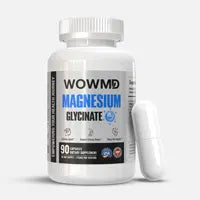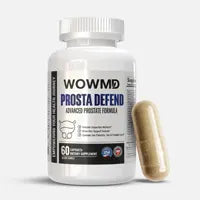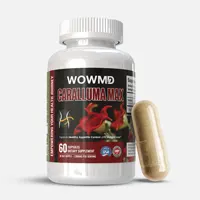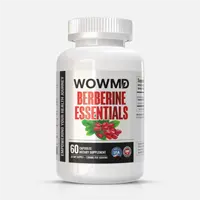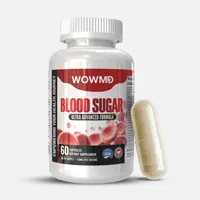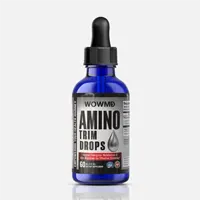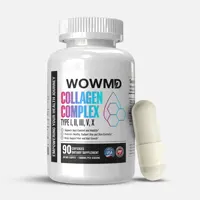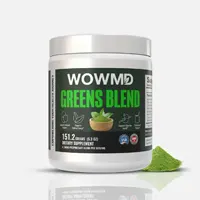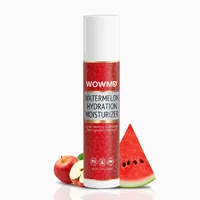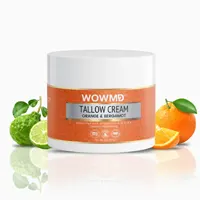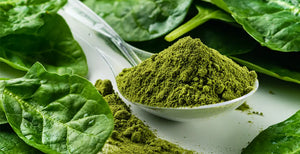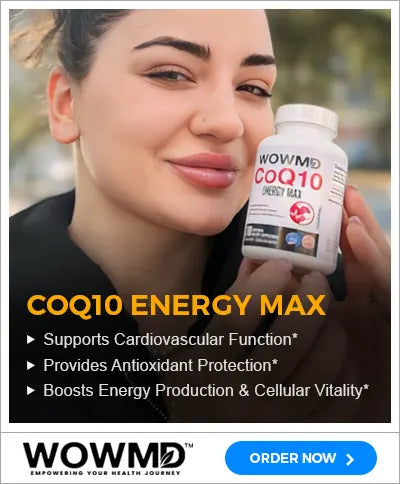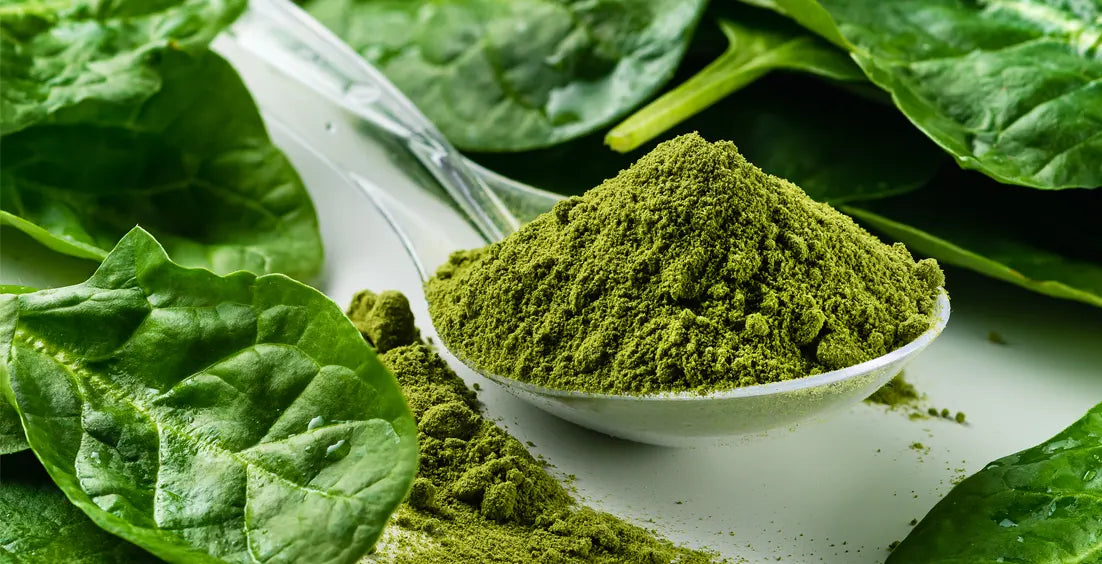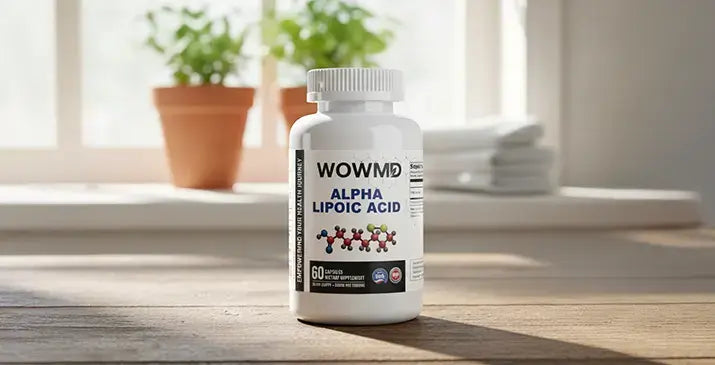Vitamins and Supplements That Boost Energy, According to Experts
Feeling tired and run down, it’s possible that you’re not getting enough nutrients from your diet. Sometimes, taking supplements can help. But which ones are best for energy? Below, we’ll review the top vitamins and supplements for boosting energy.
Advertiser Disclosure: WOWMD independently vets all recommended products. If you purchase a featured product, we may be compensated. Learn why you can trust us.
You May Also Like
Popular Stories
- Superfood Greens Powder Uses & Recipes
- The Best Beef Tallow Products for Radiant Skin: A 2026 Guide
- Holy Basil : Ayurveda’s Herb for Balance, Immunity & Everyday Calm
- Best Gel Moisturizers for Hydration & Skin Care in 2026
- 7 Best Effective Supplements for Improving Bladder and Prostate Health in 2026
- 4 Best Cooling Gels for Skin and Body: Instant Refreshment and Relief
References
WOWMD follows strict sourcing guidelines to ensure the accuracy of its content, outlined in our editorial policy. We use only trustworthy sources, including peer-reviewed studies, qualified experts, and information from top institutions.
References
- B Vitamins: Functions and Uses in Medicine: https://www.ncbi.nlm.nih.gov/pmc/articles/PMC9662251/
- Iron Deficiency Anemia: https://www.ncbi.nlm.nih.gov/books/NBK448065/
- Magnesium Status and Stress: The Vicious Circle Concept Revisited: https://www.ncbi.nlm.nih.gov/pmc/articles/PMC7761127/
- Interaction of vitamin C and iron: https://pubmed.ncbi.nlm.nih.gov/6940487/
- Adenosine, caffeine, and sleep–wake regulation: state of the science and perspectives: https://www.ncbi.nlm.nih.gov/pmc/articles/PMC9541543/
- Creatine for Exercise and Sports Performance, with Recovery Considerations for Healthy Populations: https://www.ncbi.nlm.nih.gov/pmc/articles/PMC8228369/
- Carnitine: https://ods.od.nih.gov/factsheets/carnitine-healthprofessional/#:~:text=Carnitine%20plays%20a%20critical%20role,(ATP)%20%5B4%5D
- Coenzyme Q10: https://www.ncbi.nlm.nih.gov/books/NBK531491/
 Alpha Man Power Pack
Alpha Man Power Pack All-Day Fat Burn Trio
All-Day Fat Burn Trio Better Immunity Bundle
Better Immunity Bundle  Calm & Sleep Duo
Calm & Sleep Duo Cognitive Health & Vision Combo
Cognitive Health & Vision Combo Complete Weight Loss Bundle
Complete Weight Loss Bundle Core Vitality Trio
Core Vitality Trio Energy Booster Combo
Energy Booster Combo Focus Fuel Trio
Focus Fuel Trio Glow & Balance Duo
Glow & Balance Duo Health Balance Trio
Health Balance Trio Heart Care Bundle
Heart Care Bundle Joint Health Support Combo
Joint Health Support Combo Men's Immunity & Prostate Health Bundle
Men's Immunity & Prostate Health Bundle Metabolism Boost Duo
Metabolism Boost Duo Natural Skin Care Bundle
Natural Skin Care Bundle Peak Performance Duo
Peak Performance Duo Relax & Recharge Duo
Relax & Recharge Duo Skin Detoxification Bundle
Skin Detoxification Bundle Smart Energy Trio
Smart Energy Trio Stress + Energy + Wellness Combo
Stress + Energy + Wellness Combo  Total Burn Ignite Trio
Total Burn Ignite Trio Total Harmony Pack
Total Harmony Pack Workout Supplements Combo
Workout Supplements Combo